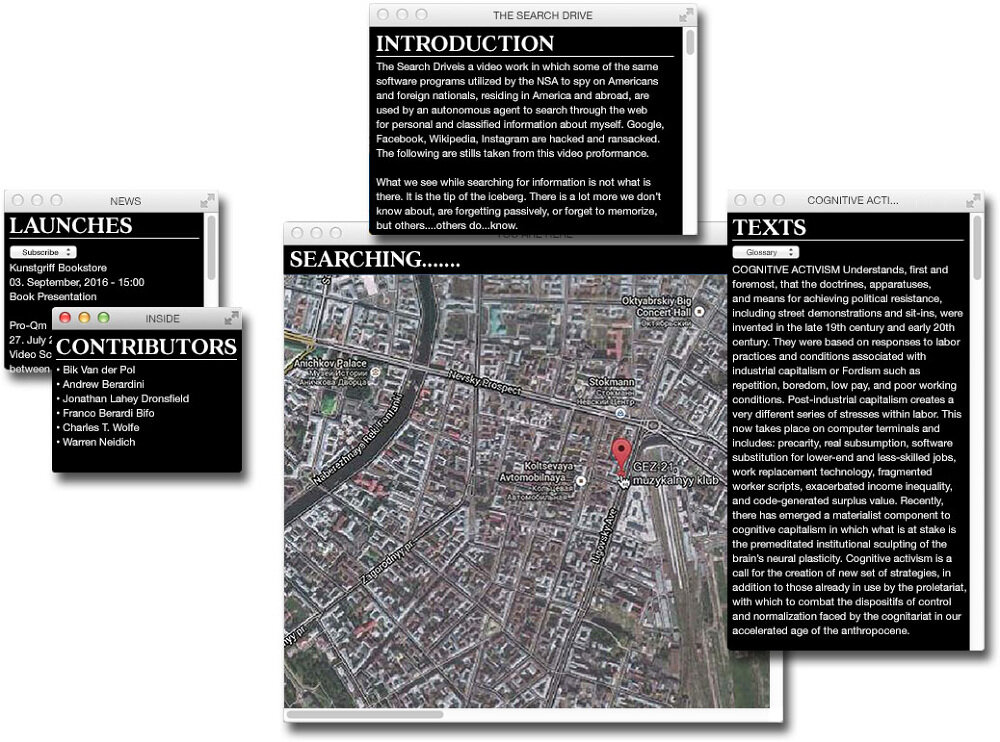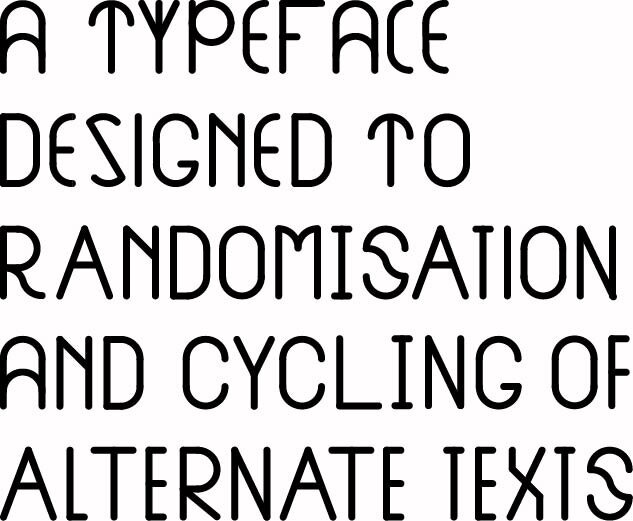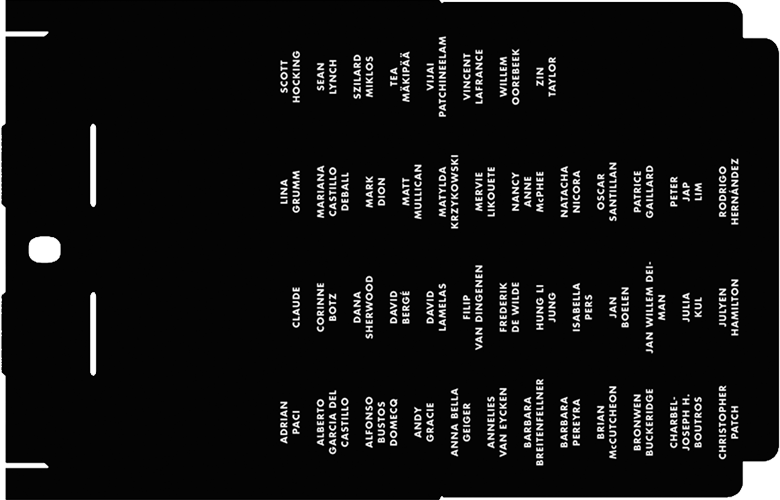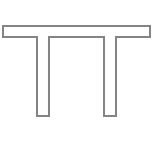Carl Haase



Carl Haase received a Bachelor’s Degree in Fine Arts from the Maine College of Art, Maine, US in 2001. In 2005 he completed a four-year apprenticeship in a letterpress studio in the Maine, US. Shortly thereafter, he founded and operated a silkscreen studio which specialised in fine art printing in conjunction with freelance design projects. In 2010 a publication series titled Broadsheet was begun in collaboration with Marieke Van Der Steenhoven. The series focused on the histories of objects used in our shared and daily routines. Two examples are the paper cup and the flexible straw. In 2013 he moved to the Netherlands when he was accepted into the Jan van Eyck Academy (NL) for a year and a half of study in design and further research into the Broadsheet series. This led to the launching of Zero-Desk, a studio which focuses on close collaborations and workshops with and between artists, designers, academics, as well as cultural and academic institutions. It acts as a research platform for print and publishing. In 2016 he completed his Master’s Degree in Graphic Design at KASK (BE). He then attended Sint-Lucas’ MaNaMa (BE) program for Art, Design and Research. The research evolved from the objects we use to how we visualise language in our everyday environment. In 2019 he designed the first of a series of publications for the European Conference Institutional Ideators (ECII). This publication outlines the provenances and lexicons used by artists, designers and collectives within the phenomenon of self-institutionalisation. Currently he is continuing this body of research as a PhD candidate at the University of Antwerpen’s ARIA (BE) program.
Zero-Desk is a small independent contemporary arts and design atelier with a unique role as a maker, publisher and educator. Founded in 2014 in Maastricht by Carl Haase, Zero-Desk has dedicated itself to supporting new works by emerging and established artists that are invited to co-create projects through various platforms (editorial design, web design, generative design, and other printed medias). More recently we have started working with institutions in supporting publishing projects, lecture-and-seminar programmes, exhibitions, workshops and conferences that fit with the atelier’s methodologies. The atelier considers education a fundamental aspect for the development of its work, based on dialogue and collaboration.
Zero-Desk Editions is the publishing arm of the atelier, which is a new an developing platform. Its focus is rooted in art and design research projects, that attempt to translate the environment that surrounds them into physical/tactile objects of printed or digital form. The projects strive in reviewing our understanding of the daily amount of information and to develop a new constructed/narratives through generative design. This interest has come from a personal approach and interest in amassing collections or data based on one theme and transforming into a palatable platform for others.
Practice
Broadsheet is a publication series that was initiated in 2010 in a collaboration with Marieke Van Der Steenhoven. The series focused on the histories of overlooked everyday objects used in our shared and daily routines (the paper cup, the TV remote control, the paperclip, the folding chair, the cement block, the flexible straw and the plastic cup lid). From these invented objects, missing histories, patterns of use, heavy or tactile, things that have lent themselves to our built environments, temporary, casual or health, became a way of depicting, narrating two stories: one of the artefact, while examining its larger cultural effect. By playing with either scales or lack or identifying features (such as instructional indicators on a TV remote control or plastic cup lid), it starts to reinforces a uniformity, a connection than can happen between items that compose our shared day-to-day routines. As everything around us is in a continuous discourse, we need to re-examine our relationship with our surroundings and with others in order to understand our relationship with society.
